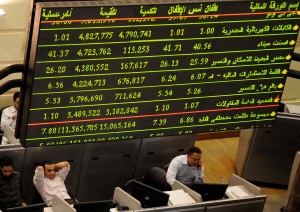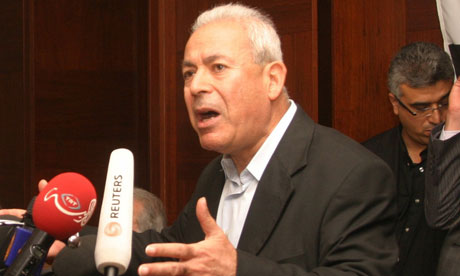The Egyptian Stock Exchange has bounced back from a precipitous fall in January 2011 during the Egyptian Revolution, to become the . . .[restrict]world’s best-performing bourse so far this year.
After collapsing 6.25 percent when the revolt against Mubarak began, the exchange’s EGX30 Index has since soared almost 40 percent. The index tracks the 30 largest and most actively traded stocks among the 833 companies listed on the exchange’s two linked boards in Cairo and Alexandria.
The stellar performance however needs to be taken in context. The exchange was closed for over eight weeks during the revolt and when trading resumed, the EGX30 immediately fell a further 8.9 percent. Up until last December the index dropped from 7156 to 3970, a decline of 45 percent.
Therefore the current strong climb has still not made up ground the index lost throughout last year. Moreover the economic and financial position of Egypt remains precarious, with the government’s foreign currency reserves depleting fast and support from the IMF in the form of the $3.2 billion loan, currently being negotiated, becoming increasingly necessary.
As and when the IMF facility is in place, the Egyptian Exchange might see further recovery. The first Egyptian sukkuk, a bond issued under the principles of Islamic Sharia finance has been planned by a leading local broker for some weeks, but is unlikely to be floated before an IMF engagement is secured.
From a technical point of view, according to Bloomberg, the Egyptian market still looks cheap, trading at only 6.3 times estimated earnings, even after its recent gains. The price to book value stands at 1.3 times, down form 1.9. times before the revolution,
[/restrict]






